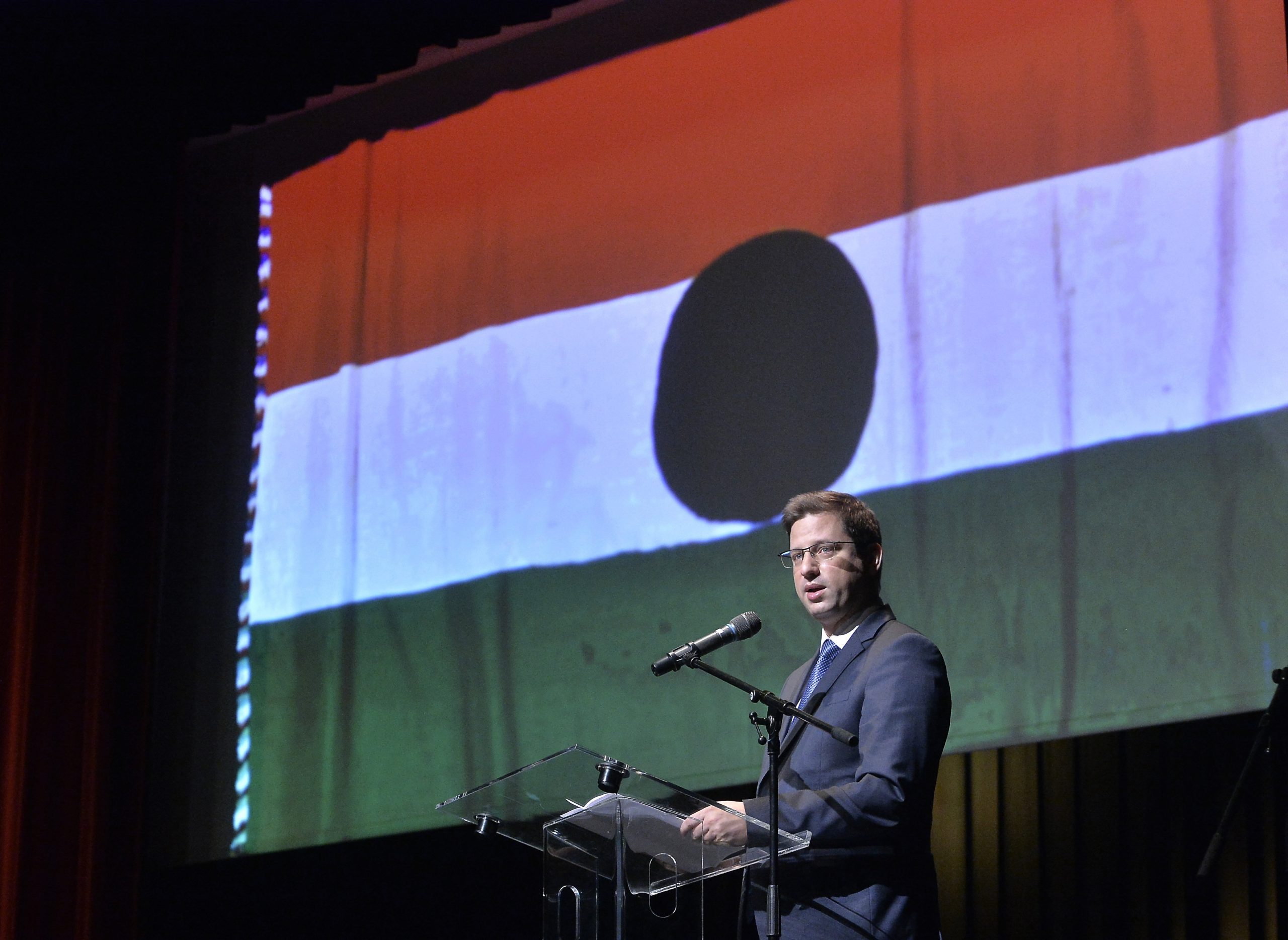
The Deputy Head of Service for the Rákoscsaba National Guard, István Válóczy, was sentenced to life in prison over false charges following a November 4 firefight in 1956.Continue reading

Each Hungarian community has its own memories of the 1956 anti-Soviet uprising and its anniversary is marked not only in towns and cities across Hungary but in neighboring countries and in the Hungarian diaspora as well, the head of the Prime Minister’s Office told a commemoration in Budapest on October 23.
“Lights of commemoration will certainly be lit at the Etoile in Paris, in North and South America, in Europe, as well as in Australia where Hungarian communities come together to celebrate and remember,” Gergely Gulyás said. The revolution “did not stay within the Trianon borders: each country with a Hungarian community had sympathy for Hungary’s freedom fight,” he added.
Gulyás said 1956 was a great shared experience, the shared experience of freedom won in unequal struggle, that of joy and hope, and then, after November, the experience of defeat, grief and retaliation.
The 1956 freedom fight was the biggest historical miracle in the history of Hungarian statehood, Gulyás said. A revolution that had no pre-planned script, financial background or armed resources, only a common intention and will. People knew they wanted to live in freedom, in an independent Hungary, where they can decide their own destiny. Everywhere they had the courage to go out in the street and face the guns, and on October 23 they won. Neither the police, nor the army was an insurmountable obstacle for them, and at first it seemed that not even the Soviets would be, the minister said.
At another commemoration, Szilárd Németh, state secretary at the defense ministry, said that 1956 had been “a heroic moment in the ongoing war for Hungary’s freedom”. That war is to decide “if Hungary is a sovereign and free country or it is the colony of an internationalist and leftist empire”.
Németh insisted that in 1956 Hungary’s communist rulers had stifled the revolt with Soviet support, while “their descendants, (Ferenc) Gyurcsány’s Left stifled in blood a peaceful commemoration on the 50th anniversary”. “Now that same Gyurcsány and that same Left are seeking their return to power,” he said.
In the featured photo, Minister of the Prime Minister’s Office Gergely Gulyás speaks at the XII District Municipality’s commemoration ceremony of the 1956 revolution held at the MOM Cultural Center. Featured photo by Lajos Soós/MTI